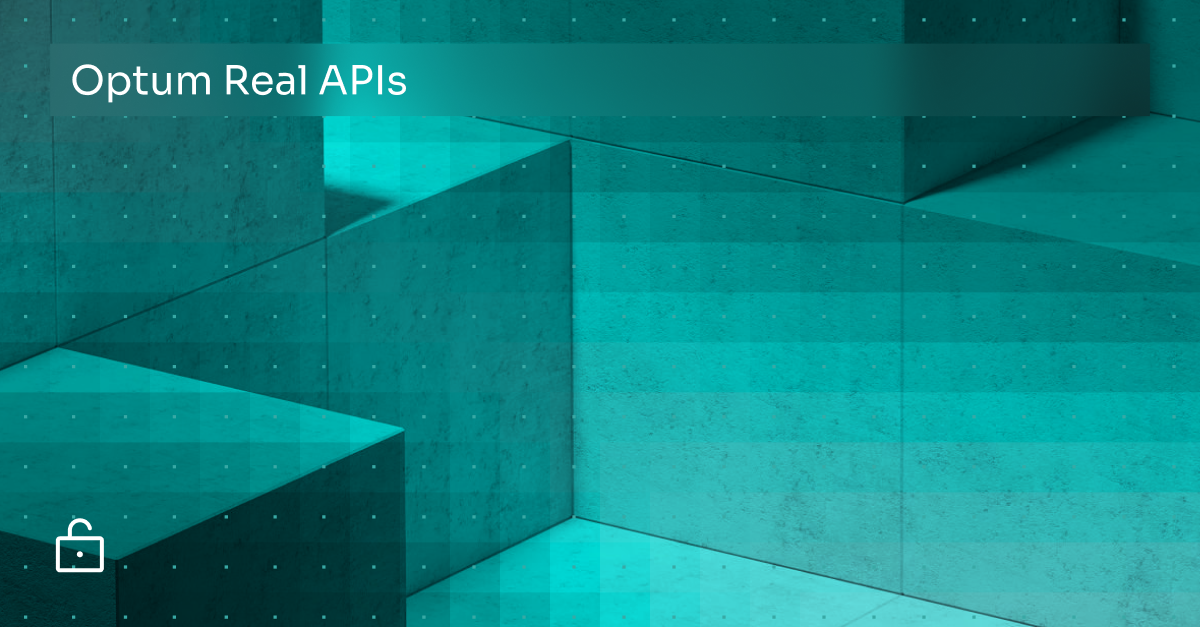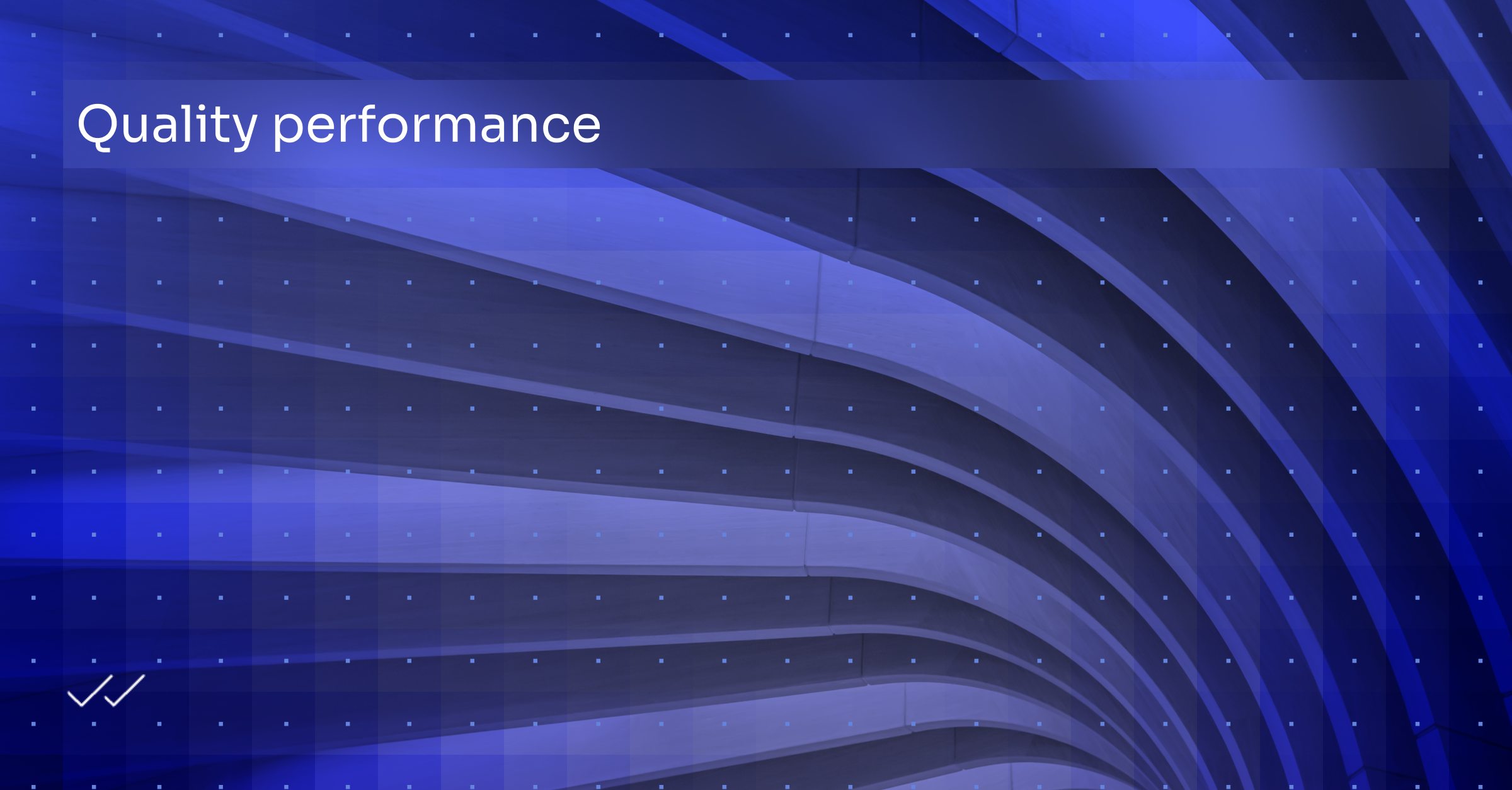With staffing shortages surging, administrative burdens rising, and patient demands increasing, healthcare organizations are seeking new ways to do more with less. Enter artificial intelligence: not as a replacement for skilled staff, but as a trusted co-worker that enhances both operational efficiency and the patient experience.
At the forefront of this transformation are intelligent AI Agents that augment staff across registration, scheduling, care coordination, revenue cycle management, and beyond. Acting as a digital workforce, these Agents eliminate manual tasks at scale, enabling people to do the work only people can do, like delivering compassionate care and complex clinical decision-making.
Autopilot: When AI Agents drive
There are some tasks in healthcare administration that can be fully automated. In other words, the AI Agents take on these tasks and operate them in autopilot mode, without staff intervention.
These are often repetitive, time-consuming tasks like sending appointment reminders, transcribing fax referrals, and documenting encounters. When AI Agents handle these tasks, healthcare staff have more time to focus on higher-value work that requires engaging with patients and other stakeholders.
For example:
- A Front Desk AI Agent can confirm insurance and collect registration details before the patient arrives for their appointment, reducing wait times and improving the check-in experience.
- A Care Coordinator AI Agent can enroll patients into care programs and prompt follow-ups based on EHR data, ensuring no patient falls through the cracks.
- A Call Center AI Agent can handle after-hours scheduling and respond to FAQs, allowing human agents to concentrate on complex or sensitive cases.
These Agents perform tasks by integrating directly with the health system's EHR and utilizing AI to process structured and unstructured data.
While human staff still check dashboards and data to ensure the AI Agents are performing as they should, these tasks remain mostly hands-off for staff on a day-to-day. In fact, most healthcare staff may not even be aware that AI Agents are running in the background.
Copilot: When humans stay in the loop
Today, however, many tasks are much more complex and require humans to review outputs or handle escalations. These tasks are best optimized with the help of an AI assistant, rather than an autonomous AI Agent.
At Notable, an AI assistant called Sidekick is designed to work side by side with healthcare teams to streamline the most complex workflows across the organization. Whether it’s organizing faxes, surfacing insights from contact center recordings, or preparing clinical packets for prior authorizations, Sidekick reduces administrative load while keeping your staff in the driver’s seat.
Complex prior authorization submissions are a prime example of a workflow that benefits from the help of an AI assistant like Sidekick. Sidekick can synthesize information from multiple structured and unstructured data sources, analyze over two years of patient data, provide citations of document sources, generate comprehensive clinical packets, and provide recommendations on how to accurately respond to payer questions. Staff just need to review and edit the clinical packets as necessary, and then they’re good to submit.
AI assistants, such as Sidekick, prove to be valuable team members for healthcare staff. Sidekick can help teams submit authorizations 2-3 times faster, while also increasing clinical accuracy and reducing rework and delays.
A scalable, flexible workforce
The goal with AI isn’t to replace staff, it’s to empower them. By shifting the burden of routine tasks to automation, human workers can:
- Reduce cognitive overload
- Respond faster and more thoroughly to needs
- Expand capacity without increasing headcount
When humans and AI Agents work together, a model known as human-in-the-loop introduces a new kind of scalability to healthcare operations. AI Agents provide elastic support, such as the ability to ramp up instantly during high-demand periods like flu season, open enrollment, or a local crisis.
As AI becomes more deeply integrated into everyday operations, healthcare organizations have the opportunity to reimagine their workforce. They don’t need to choose between humans and AI; instead, they can build a team where one supports the other for maximum efficiency. The result is a more scalable, sustainable, and patient-centered system.
Get in touch today to learn more about how AI can enable your staff to do their best, most efficient work.










